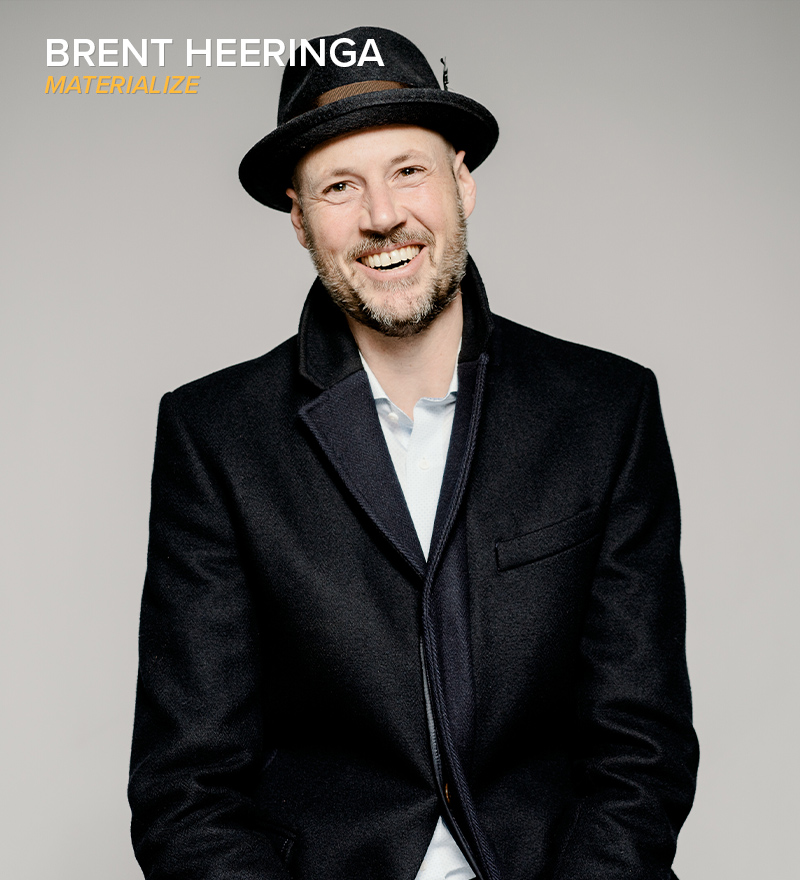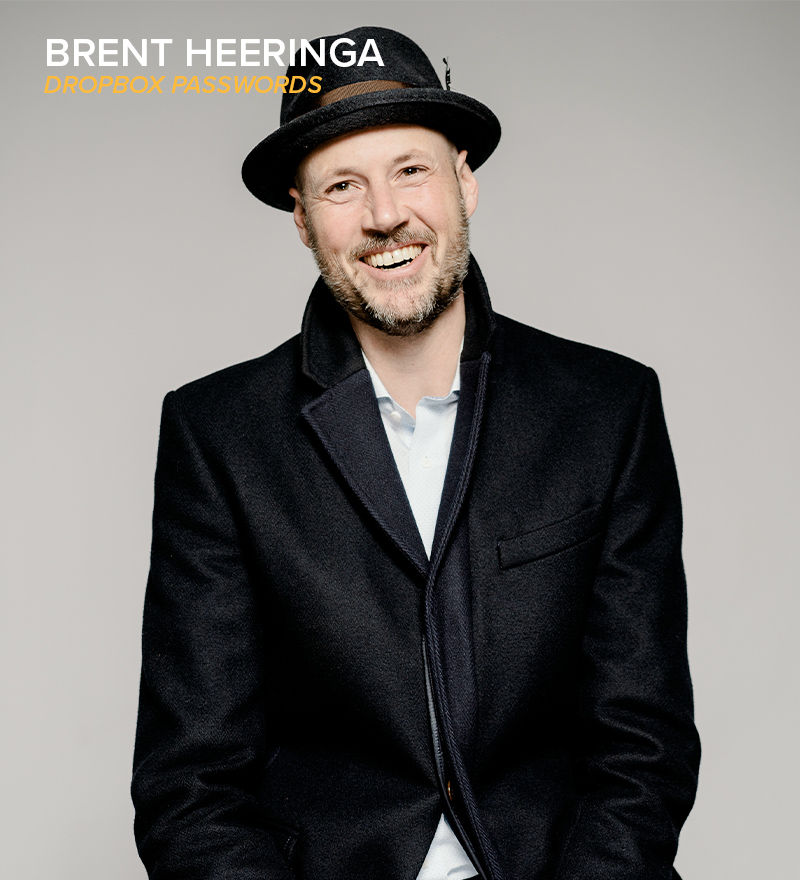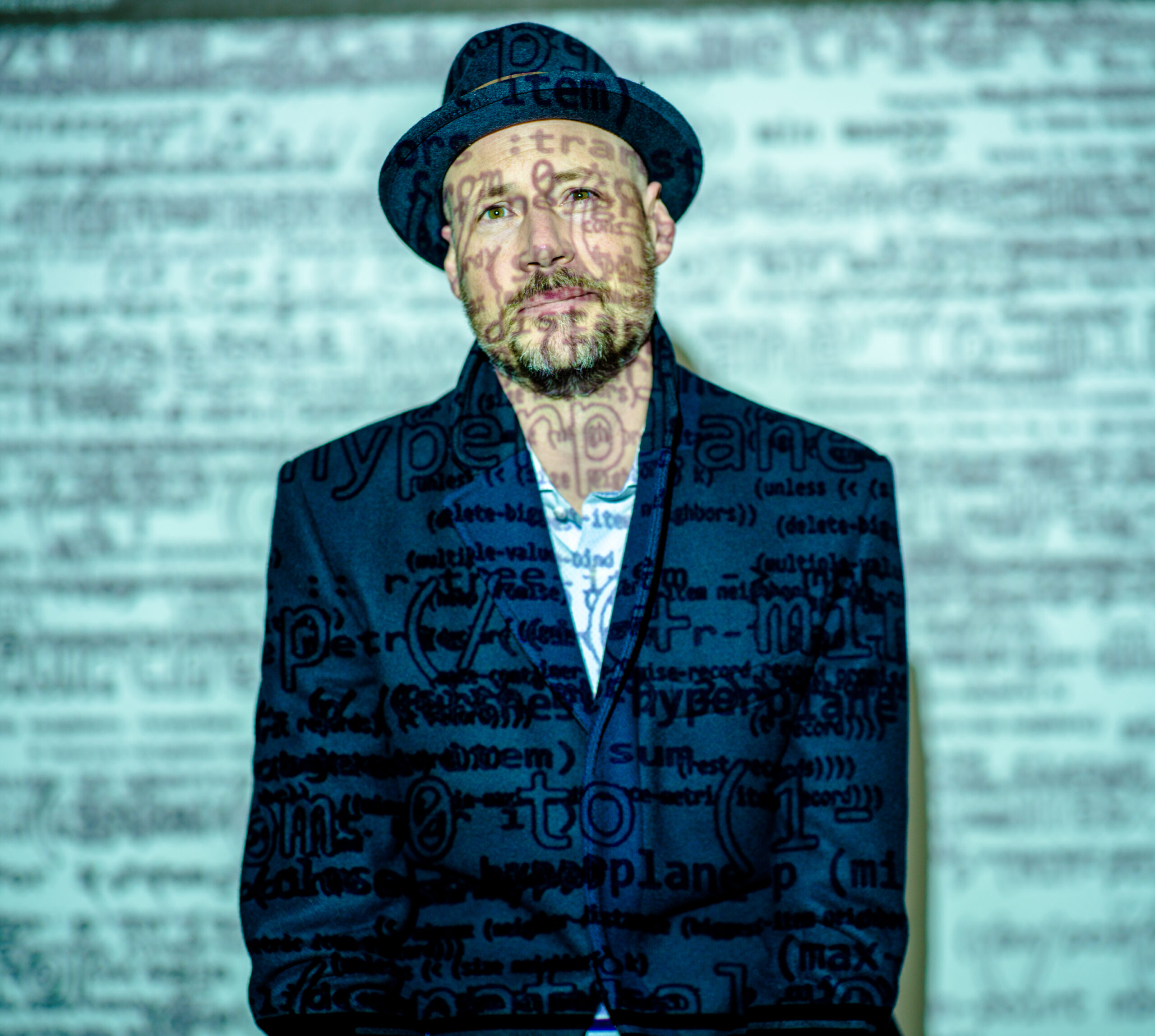
Innovator Stories
Networking is hardly a new concept in the business world. Those who have worked in academia know that the networking before the networking lies in those connections made on campus—like the one Brent Heeringa forged with his then-student Arjun Narayan at Williams College.
Heeringa founded password protection software company Valt, which was acquired by Dropbox in 2019 and where Heeringa built Dropbox Passwords and later led engineering for new products. He also is a former associate professor and chair of computer science at Williams College. In February, Heeringa became VP of Product for Materialize, the SQL streaming database startup Narayan co-founded with Frank McSherry, renowned computer science theorist, and former Microsoft Research Silicon Valley inventor.

Innovator Stories
Meet Brent Heeringa
Networking is hardly a new concept in the business world. Those who have worked in academia know that the networking before the networking lies in those connections made on campus—like the one Brent Heeringa forged with his then-student Arjun Narayan at Williams College.
Heeringa founded password protection software company Valt, which was acquired by Dropbox in 2019 and where Heeringa built Dropbox Passwords and later led engineering for new products. He also is a former associate professor and chair of computer science at Williams College. In February, Heeringa became VP of Product for Materialize, the SQL streaming database startup Narayan co-founded with Frank McSherry, renowned computer science theorist, and former Microsoft Research Silicon Valley inventor.
“The students at Williams are really strong, and it’s fun to keep in touch with them,” Heeringa said. “Arjun, in particular, was incredibly sharp and just a fun person to have conversations with.”
Heeringa joining the Materialize family was a slow burn. It took the intense 10-month sunsetting of Valt and transition to Dropbox for Heeringa, a five-year PhD at the University of Pennsylvania for Narayan, and, Heeringa admits, a whole lot of “real FOMO talking to Arjun” about fundraising for Materialize. Narayan and McSherry had already successfully raised money in Silicon Valley several years after Narayan had finished his doctorate, and Heeringa had startups on his mind.
“The student-teacher dynamic had left long before that,” said Heeringa. “I was always watching from afar, and always incredibly impressed.”
Materialize is a “real time database” that utilizes timely dataflow and differential dataflow technologies (invented by McSherry) to stream SQL data in milliseconds, a process that commonly takes hours. For customer and product data, this means the ability to see what people are buying, when they are buying it, and then quickly adjust a website’s user-performed actions to reflect patterns as they are happening. It’s tech that has the potential to fundamentally impact personalization and audience segmentation practices for countless technologies.
For example, online alcohol delivery service Drizly uses Materialize for live updates on abandoned shopping carts—data the company could previously only access every 24 hours. Abandoned online shopping carts are said to account for trillions in lost sales each year, but with swift action, such as follow-ups with discount codes, billions in revenue could be realized.
“Arjun calls it generational technology, and I think that’s true,” Heeringa said. “There aren’t many opportunities to get involved with such transformational technology.” When Narayan invited him to join Materialize, “it felt like something I just couldn’t turn down,” he said. “I didn’t believe I’d have an opportunity in my life to be part of an organization like that.”
From teaching and chairing at Williams to becoming a tech entrepreneur, Heeringa did it all from the Berkshire region. He helped his University of Massachusetts PhD advisor start a company in 2005, and then again in 2009. He met Lever Executive Director Jeffrey Thomas in 2013 at the Williams Innovates: Spring Street event, a business plan competition rooted to today’s Lever Challenge programs. They stayed in touch as he built Valt, and Lever became its initial investor, providing space for Heeringa’s team to work in downtown North Adams. Valt was always a remote-first company, and Heeringa is still based at his Williamstown home office today, though he travels much more.
Remote work opportunities in the tech field “are now available to anyone in the Berkshires,” Heeringa said. “You don’t close doors anymore by being here.”
Now, as VP of Product at Materialize, Heeringa can use his vast startup experience to meet some of the challenges faced by a young company in terms of focus and discipline—and balances this experience with curiosity. There is still much to learn. “We grow when we find the edge of our knowledge and abilities and try to push a little bit past them,” Heeringa says.


“The students at Williams are really strong, and it’s fun to keep in touch with them,” Heeringa said. “Arjun, in particular, was incredibly sharp and just a fun person to have conversations with.”
Heeringa joining the Materialize family was a slow burn. It took the intense 10-month sunsetting of Valt and transition to Dropbox for Heeringa, a five-year PhD at the University of Pennsylvania for Narayan, and, Heeringa admits, a whole lot of “real FOMO talking to Arjun” about fundraising for Materialize. Narayan and McSherry had already successfully raised money in Silicon Valley several years after Narayan had finished his doctorate, and Heeringa had startups on his mind.
“The student-teacher dynamic had left long before that,” said Heeringa. “I was always watching from afar, and always incredibly impressed.”
Materialize is a “real time database” that utilizes timely dataflow and differential dataflow technologies (invented by McSherry) to stream SQL data in milliseconds, a process that commonly takes hours. For customer and product data, this means the ability to see what people are buying, when they are buying it, and then quickly adjust a website’s user-performed actions to reflect patterns as they are happening. It’s tech that has the potential to fundamentally impact personalization and audience segmentation practices for countless technologies.
For example, online alcohol delivery service Drizly uses Materialize for live updates on abandoned shopping carts—data the company could previously only access every 24 hours. Abandoned online shopping carts are said to account for trillions in lost sales each year, but with swift action, such as follow-ups with discount codes, billions in revenue could be realized.
“Arjun calls it generational technology, and I think that’s true,” Heeringa said. “There aren’t many opportunities to get involved with such transformational technology.” When Narayan invited him to join Materialize, “it felt like something I just couldn’t turn down,” he said. “I didn’t believe I’d have an opportunity in my life to be part of an organization like that.”
From teaching and chairing at Williams to becoming a tech entrepreneur, Heeringa did it all from the Berkshire region. He helped his University of Massachusetts PhD advisor start a company in 2005, and then again in 2009. He met Lever Executive Director Jeffrey Thomas in 2013 at the Williams Innovates: Spring Street event, a business plan competition rooted to today’s Lever Challenge programs. They stayed in touch as he built Valt, and Lever became its initial investor, providing space for Heeringa’s team to work in downtown North Adams. Valt was always a remote-first company, and Heeringa is still based at his Williamstown home office today, though he travels much more.
Remote work opportunities in the tech field “are now available to anyone in the Berkshires,” Heeringa said. “You don’t close doors anymore by being here.”
Now, as VP of Product at Materialize, Heeringa can use his vast startup experience to meet some of the challenges faced by a young company in terms of focus and discipline—and balances this experience with curiosity. There is still much to learn. “We grow when we find the edge of our knowledge and abilities and try to push a little bit past them,” Heeringa says.
